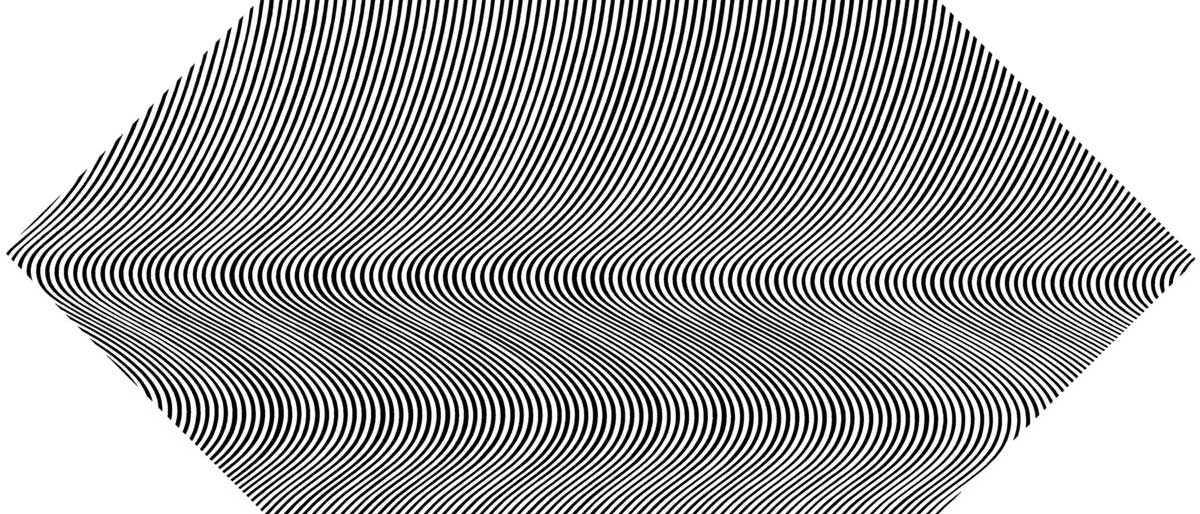Quite how journalist and producer Uwe Nettelbeck managed to convince Polydor that Faust were Germany’s next big thing is anyone’s guess. Especially when their first single was essentially a set of instructions on how to use a washing machine.
Faust’s self-titled debut LP (1971) was no less accessible: an open-ended set of ‘found’ sounds, tape loops, spontaneous noise and nonsensical lyrics. It was fascinating and occasionally brilliant, but it certainly wasn’t pop music. For a label whose biggest sellers were James Last and Bert Kaempfert, it must have seemed like either wilful sabotage or radical guerrilla art. Probably both.
Cut loose by the label the following year, after the slightly less impenetrable So Far, Nettelbeck took advantage of the UK’s burgeoning interest in the new forms of music emanating from Germany in the early 70s.
He brokered a deal with Virgin, sweetened by the gift of some previously unheard recordings from Faust’s hangout in the Hamburg countryside. With no production costs to cover, Virgin hit on the terrific wheeze of releasing The Faust Tapes for the price of a single. The album sold more than 60,000 copies, turning Faust – for a short time, at least – into the unlikeliest of chart superstars.
Nearly half a century on, The Faust Tapes still has the capacity to startle. Just as their original intention had been to find non-traditional ways of creating music in a country still stigmatised by the legacy of war, the group dispense with Anglo-American rock’n’roll almost completely. In its place is a dense, noisy collage of dissonance and disorder.
There are wild jams that stop as abruptly as they begin, saxophones honking over blasted tundra, industrial electronica, eerie vocal samples and more. Actual ‘songs’ are at a premium. The epic J’ai Mal Aux Dents (‘I have a toothache’) is a primitive proto-punk yelp that makes Captain Beefheart sound like The Searchers. Stretch Out Time lasts for only one and a half minutes, yet feels like something from an underworld production of Hair.
But for all the heavy experimentalism, there are moments of relative calm. Flashback Caruso is a distorted folk lullaby on guitar that runs into backward effects and piano, its lyrics a rainbow echo of 60s psychedelia, while Jean-Hervé Péron’s Chère Chambre finds the group’s resident Frenchman in acoustic repose. But don’t let any of that fool you. From its Bridget Riley sleeve art to its endlessly subversive music, The Faust Tapes is just as disorientating now as it ever was.

